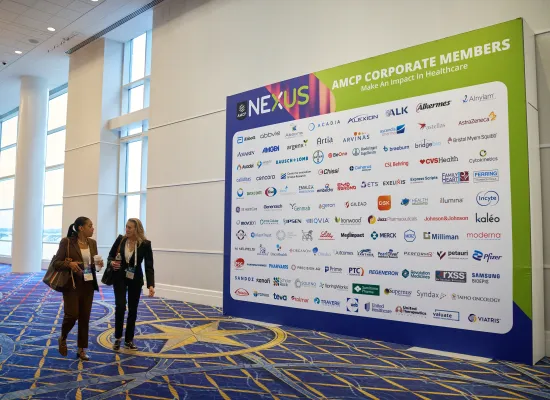
NEJM Article on ‘Accelerated Approvals and Expensive Drugs’ Misses Promising Solution
A recent article in The New England Journal of Medicine (NEJM) caught my attention for a couple of reasons.
First, it correctly identifies a serious flaw in the FDA’s accelerated-approval pathway for breakthrough drugs – that many of these products lack evidence of clinical benefit at approval, a situation that may affect whether, when and how payers provide coverage. So serious is this flaw that the authors opined it potentially “thwart[s] the pathway’s goal of getting potentially important therapies to patients earlier.”
The other reason the article caught my attention? The authors’ proposed solutions to address this problem omit one promising fix: give payers access to clinical and other information on therapies before FDA approval.
As we know, it’s not uncommon for health plans to limit coverage of a drug until all relevant clinical trial data have been published. If payers were to receive pertinent data on these products prior to FDA approval, however, they could make informed coverage decisions sooner — thereby helping achieve the pathway’s goal of getting patients timelier access to breakthrough therapies.
Recent FDA draft guidance sought to create a safe harbor for sharing pre-approval information between manufacturers and payers, and other sophisticated population health decision makers. But we firmly believe that congressional action is still required. The recently introduced Pharmaceutical Information Exchange Act of 2017 (H.R. 2026) is the vehicle to make it happen. AMCP has taken the lead in advocating H.R. 2026 and is working vigorously in the House and Senate to build bipartisan support.
We applaud the authors of the NEJM article for raising concerns around this important issue. And we look forward to continuing efforts to improve appropriate health care communications while improving the overall health care system.
The article, “Accelerated Approval and Expensive Drugs — A Challenging Combination” (Walid F. Gellad, M.D., M.P.H., and Aaron S. Kesselheim, M.D., J.D., M.P.H.; N Engl J Med 2017; 376:2001-2004; May 25, 2017 DOI: 10.1056/NEJMp1700446) may be accessed at http://bit.ly/2iow96N.
Featured News & Resources
See Full CalendarAMCP Southwest Day of Education
Award Applications Open
Upcoming Events
AMCP offers a wide variety of educational opportunities, from events and webinars to online training.








